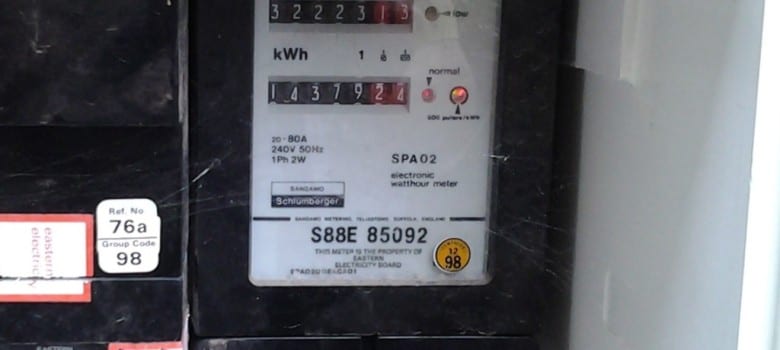
What is economy 7?
Economy 7 is an electricity tariff, which charges you two rates at different times throughout the day. During the night, the price that you pay per kilowatt-hour is significantly lower than the day. Prices can often be around 7p/kwh from 00:00-07:00 and 18p/kwh from 07:01 to 24:00 Brought about in order to promote nighttime usage; economy 7 is popular in blocks of flats without access to mains gas.
Storage heaters
In order to take advantage of this method of electricity tariff, storage heaters became incredibly popular. They charged up over night, taking advantage of the cheap electricity, and gave off the heat throughout the day. The reason that economy 7 was introduced was because the majority of the UK’s electricity was generated through power plants, nuclear and fossil fueled, which can’t just be turned on and off when needed. As electricity is extremely difficult to store, the idea was that a cheaper tariff during the night would level out consumption.
The problems with Economy 7
Many people think that Economy 7 is dying, and it is certainly true that there are negatives surrounding the tariff. First of all, it means that appliances become a lot more expensive to run though out the day. So putting the dishwasher on, or watching your favourite TV show can cost about 150% more than your neighbour on a standard tariff – taking the standard tariff as 11p/kwh and the on-peak economy 7 as 18p/kwh.
Storage heaters, the heating method with economy 7, have also seen some flack, with them being labeled as outdated, inefficient, clunky and expensive. The problem being is leakage and temperature control. This is the reason why we have seen a huge swap to Infrared heating panels and the standard tariff.
How to maximize your savings with Economy 7
If you are going to stick with Economy 7, then there are a few things that you should look at to keep your energy bills low.
LED lights – essential for Economy 7
One of the biggest areas that you can start to save instantly when on economy 7 is lighting. As discussed, when using appliances throughout the day it is very important to make sure that they are as efficient as possible. This is because of the high, on-peak tariff of economy 7.
So while a standard tariff would mean a 50 watt light bulb would cost £10.9 to run per year, on economy 7, a 50 watt bulb would cost an astonishing £16.50. Simply swapping to a 5W LED equivalent can save you £14 per year! This is compared to savings of only £9.80 if you were on a standard tariff.
Set your dishwasher for nighttime!
Make sure that you set you dishwasher to start after the off-peak tariff starts, usually midnight. This will mean that instead of running off 18p/kwh it will instead be on the lower tariff of 7p/kwh. All of these savings mount up and can save you hundreds over the course of a year.
Heating your water throughout the night will dramatically reduce your electricity bill at the end of the year. However, in order to maximize the savings, make sure that your hot water cylinder is sufficiently insulated with jackets if it hasn’t got a thick foam covering already.
Is Economy 7 right for me?
There are a few easy steps to make sure that you are benefitting from the economy 7 tariff. Take a note of your electricity readings one day, both on-peak and off-peak, and then continue to live your live as you would for a month or two. Then check your readings again at the same time you did previously to make sure that it is a fair test. Calculate your off-peak units and multiply by the price/kwh, do the same for you on-peak and you should then have a total amount of kWh, and overall cost. If you then take the overall cost, and divide by the total kWhs you have used you will come up with an average price you are paying for your electricity. If that is higher than around 12p/kwh then you should look to change your tariff to a standard tariff. However, if it is lower than that, then economy 7 is perfect for your lifestyle.
